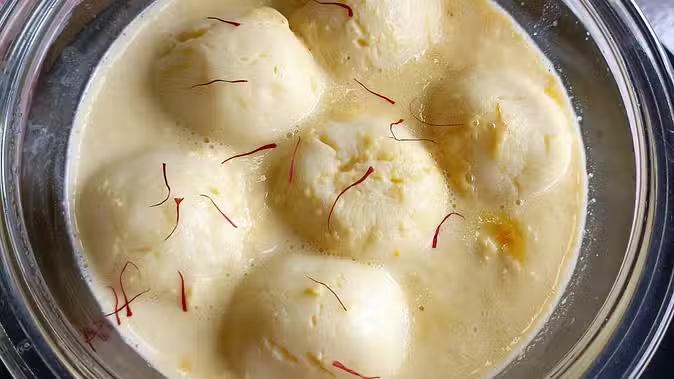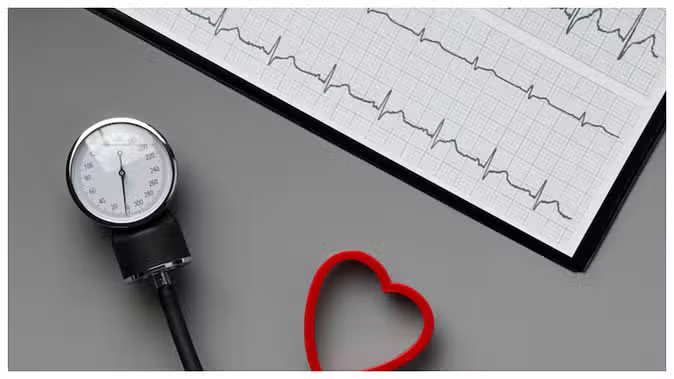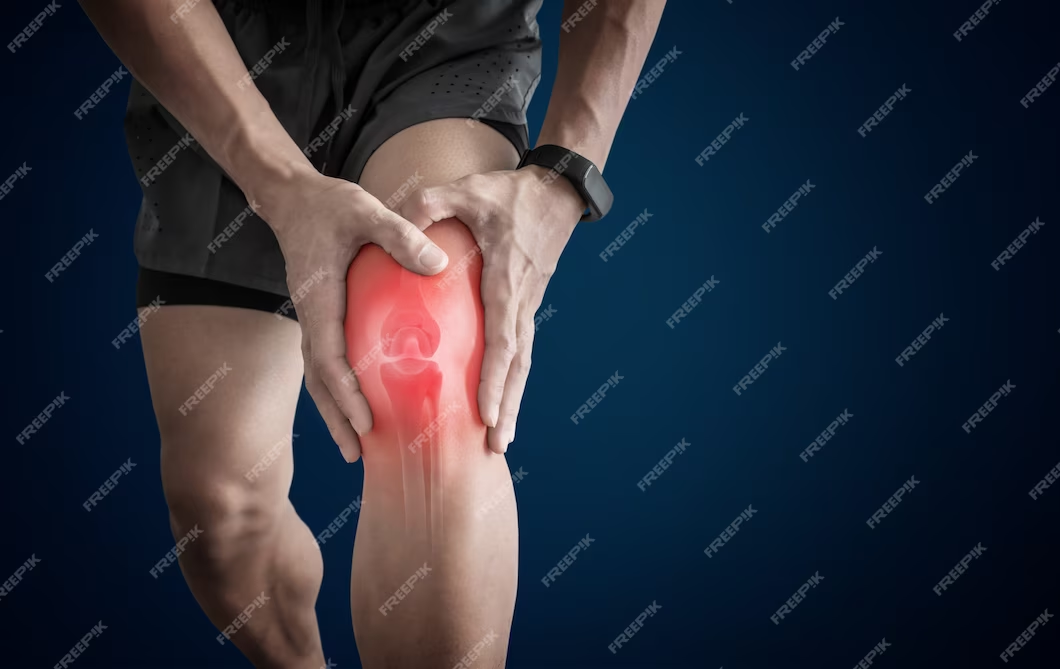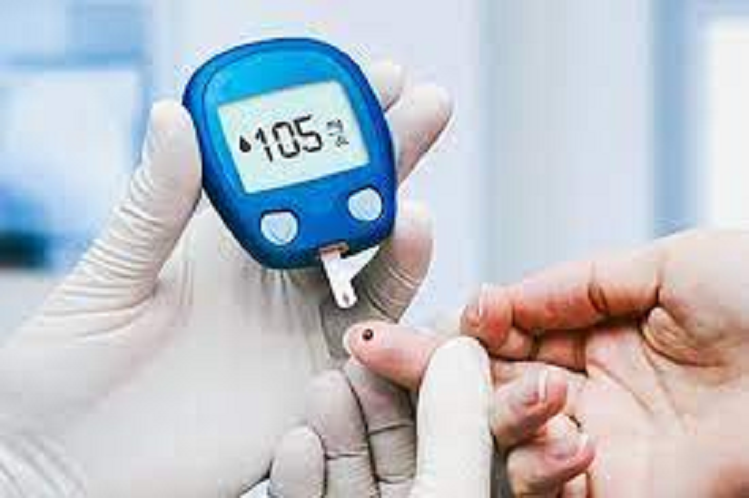
Ghee Myths: Ghee is an important part of a healthy diet. It is also used in making sweet things salty. Most people prefer to eat rotis with ghee or use it in pulses as well. My mother even pours ghee on hot halwa, which enhances its taste even more. It makes every food tasty, but many misconceptions related to ghee are also prevalent among people. Some people consider ghee to be very unhealthy and always refrain from eating it. So, today we will tell you about some myths related to ghee and their truth.
These are the myths related to ghee
Ghee increases weight
The biggest myth associated with ghee is that it leads to weight gain. Many people refrain from eating ghee due to weight gain. But let us tell you that if you include a limited amount of ghee in your diet, then it does not increase the weight, but taking it in a limited amount will not increase the weight. Excess ghee can be harmful to your health.
Ghee is bad for heart health
Ghee is not considered right for heart patients. Although the amount of saturated fat in ghee is indeed high. Which can increase bad cholesterol in the body. This can cause heart-related problems. If you take ghee in excess, it will harm you. According to experts, you can include small amounts of ghee in your meals occasionally.

Ghee is not easy to digest
A common myth associated with ghee is that it is difficult to digest. But it is not true. According to a report, ghee is easier to digest than other oils because it contains butyric acid, which is known to be beneficial for our digestion. Ghee can be beneficial for those who have constipation problems. If you eat anything in excess, it can be harmful to your health, so you should include ghee in your diet in small amounts. Eating ghee in excess is not good for health.
Cooking in ghee is not safe
You think that cooking in ghee can cause health problems. So it's just a myth. Ghee does not release any harmful compounds into the food during cooking. It is healthier than other oils. It is safe to cook food in ghee.
PC Social media










